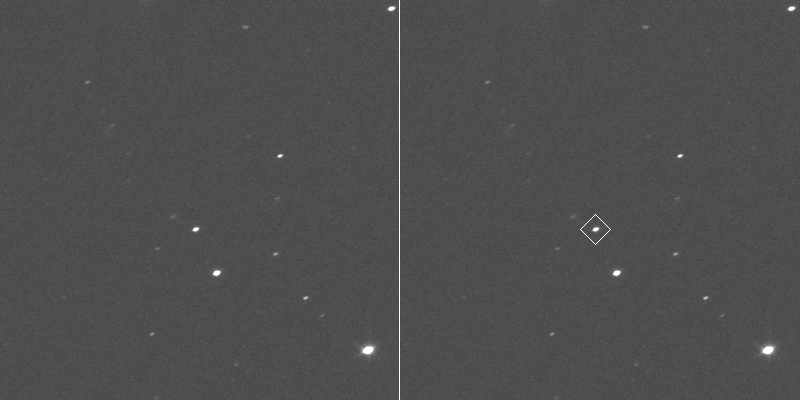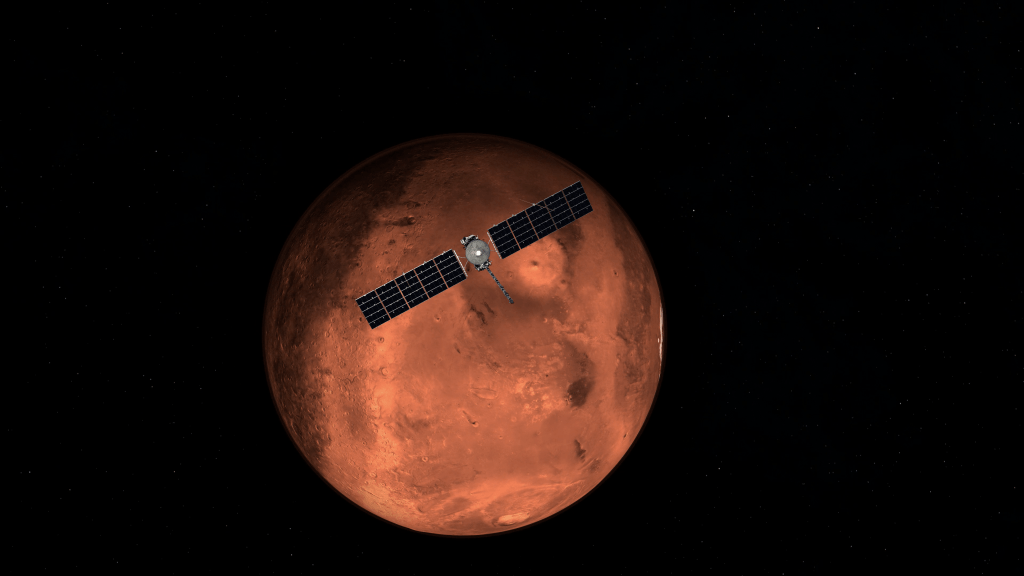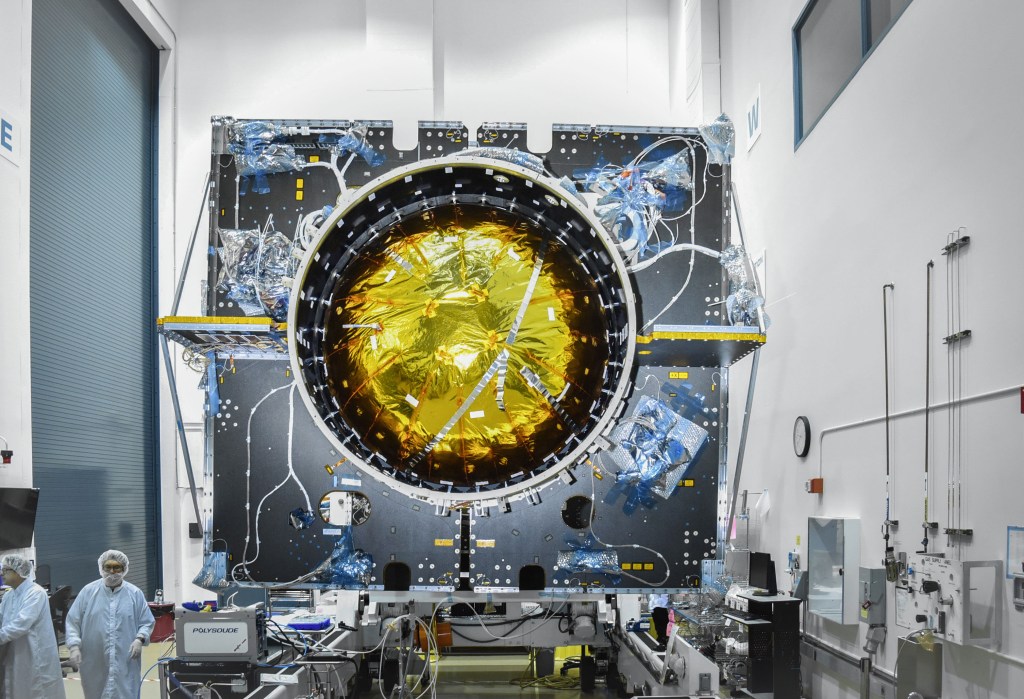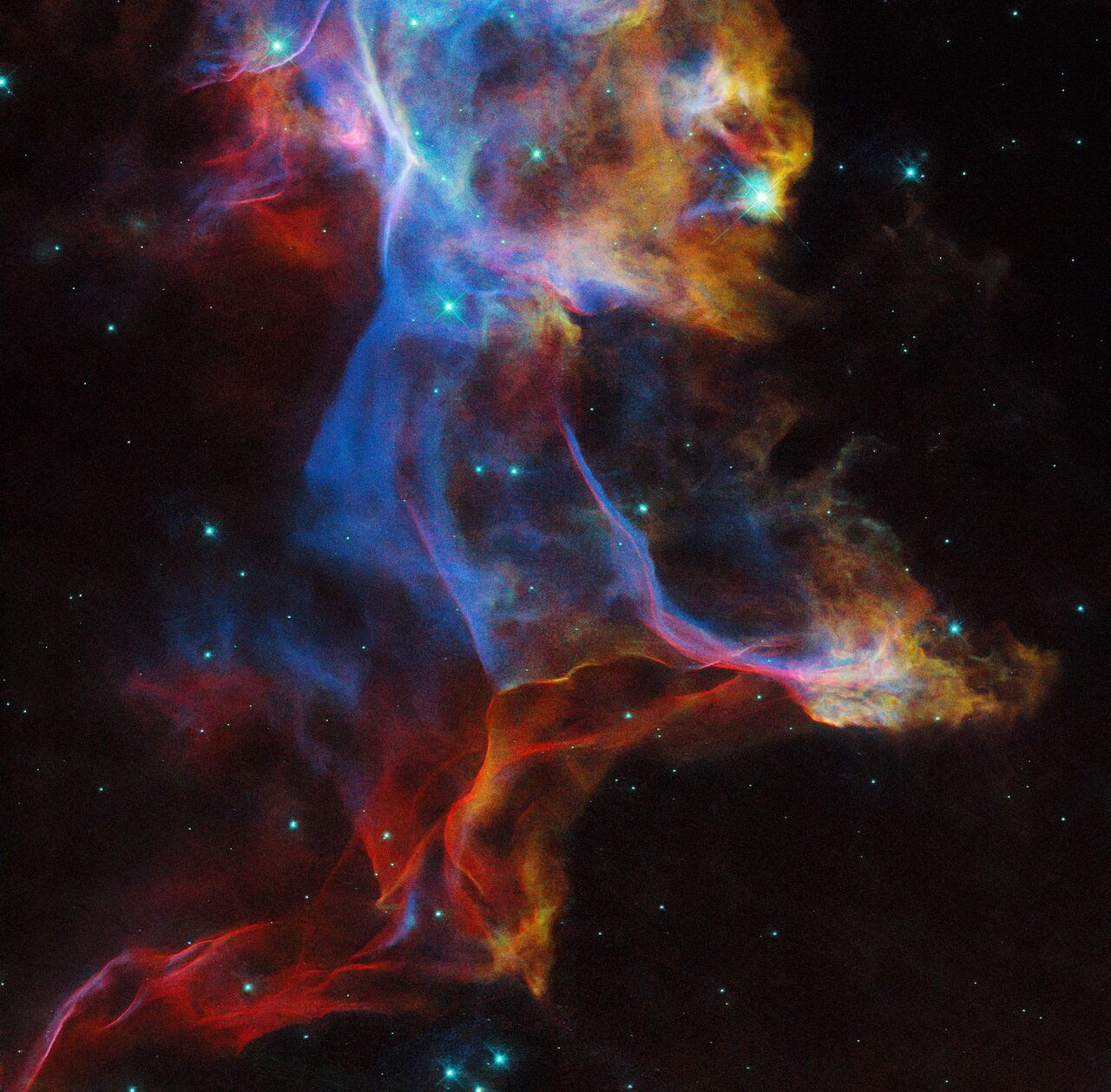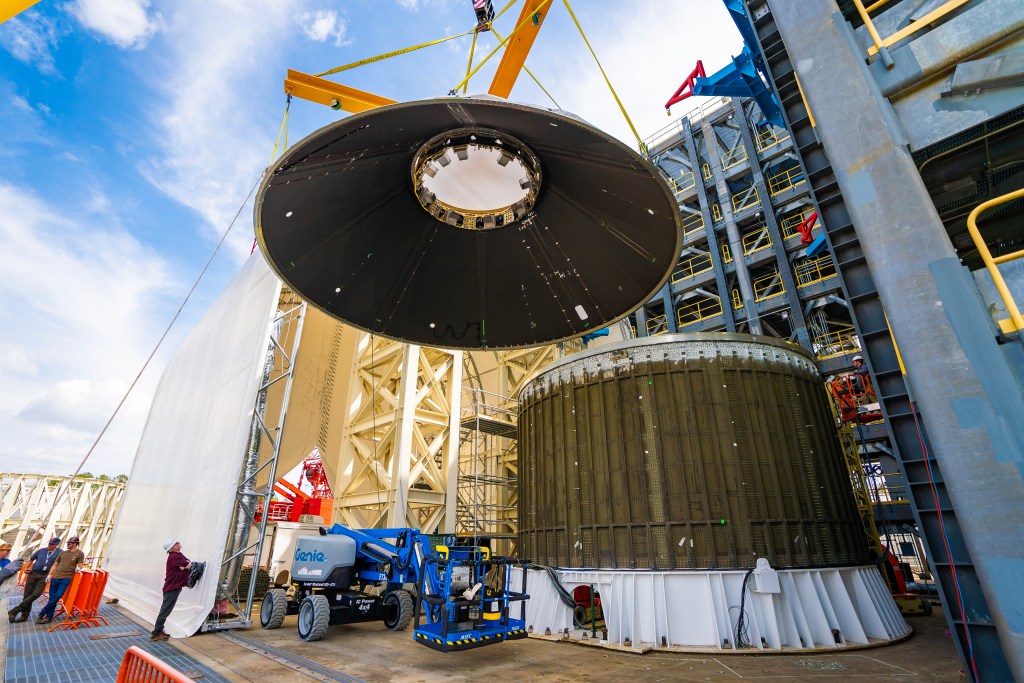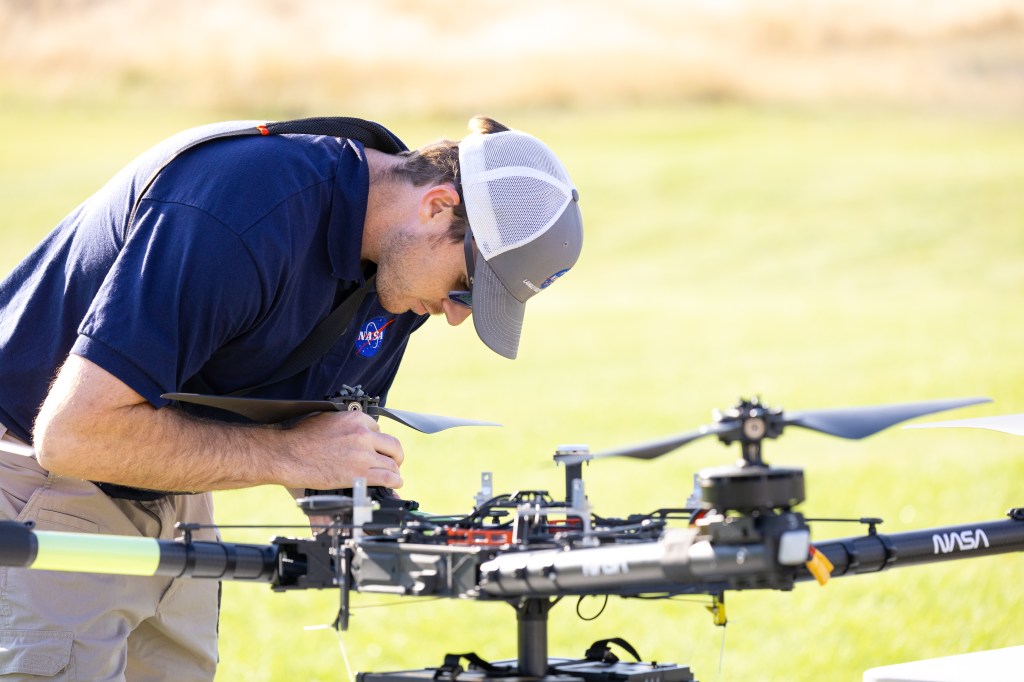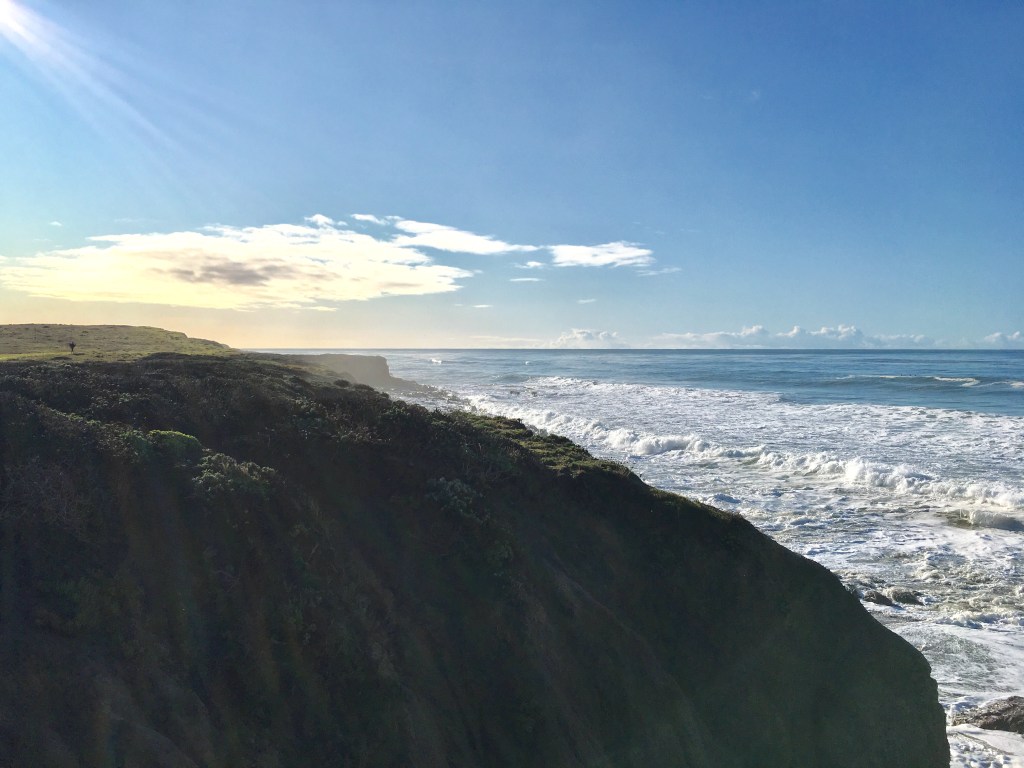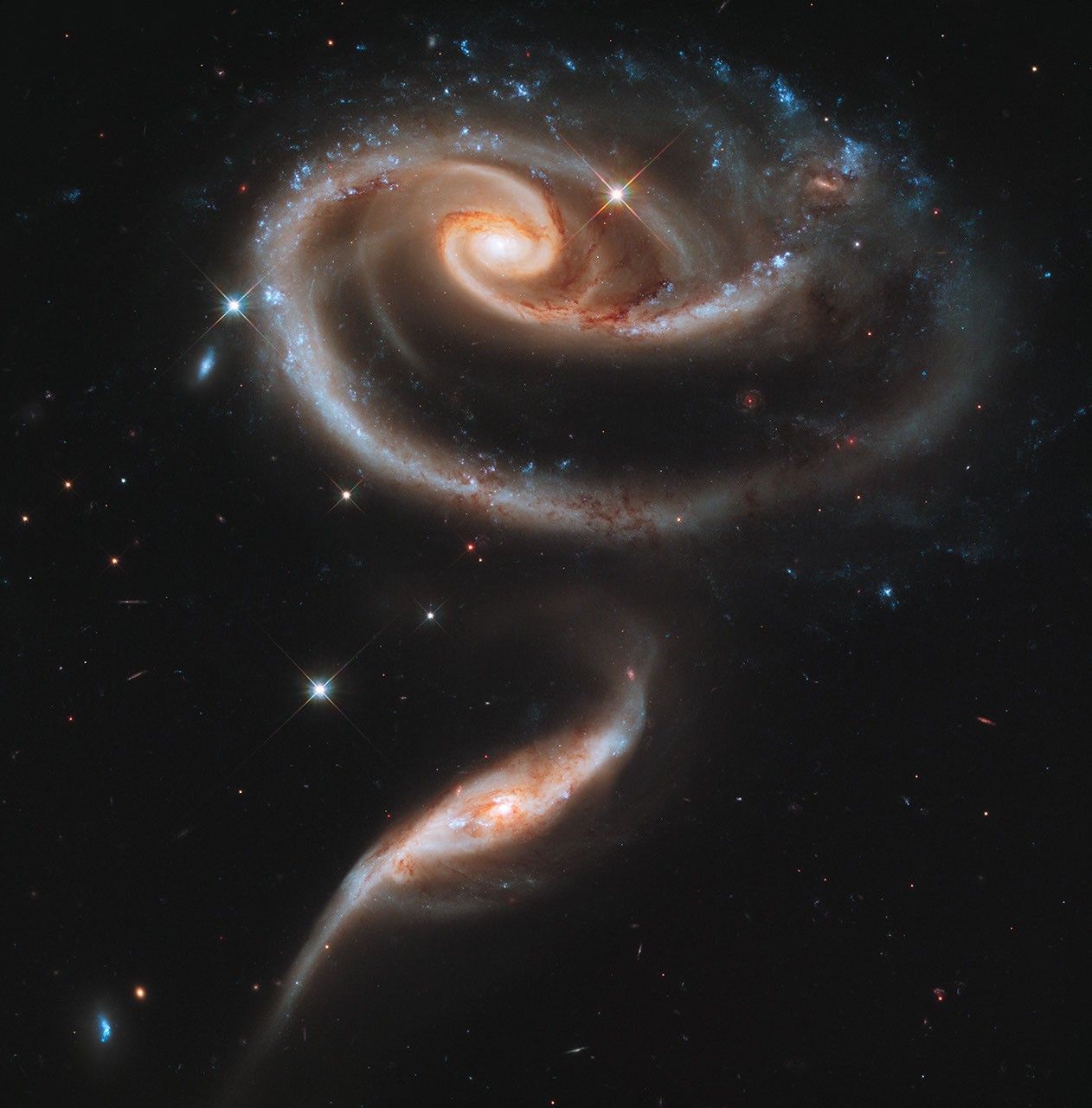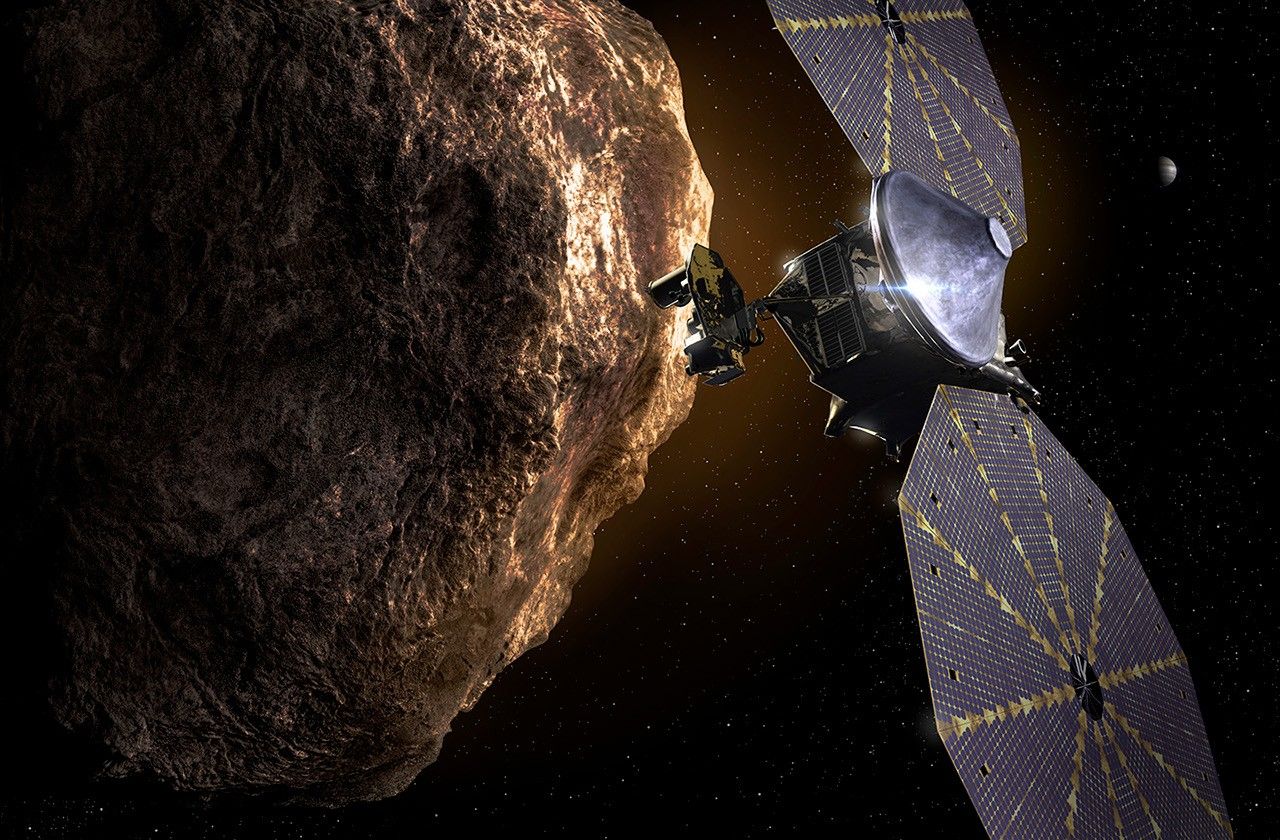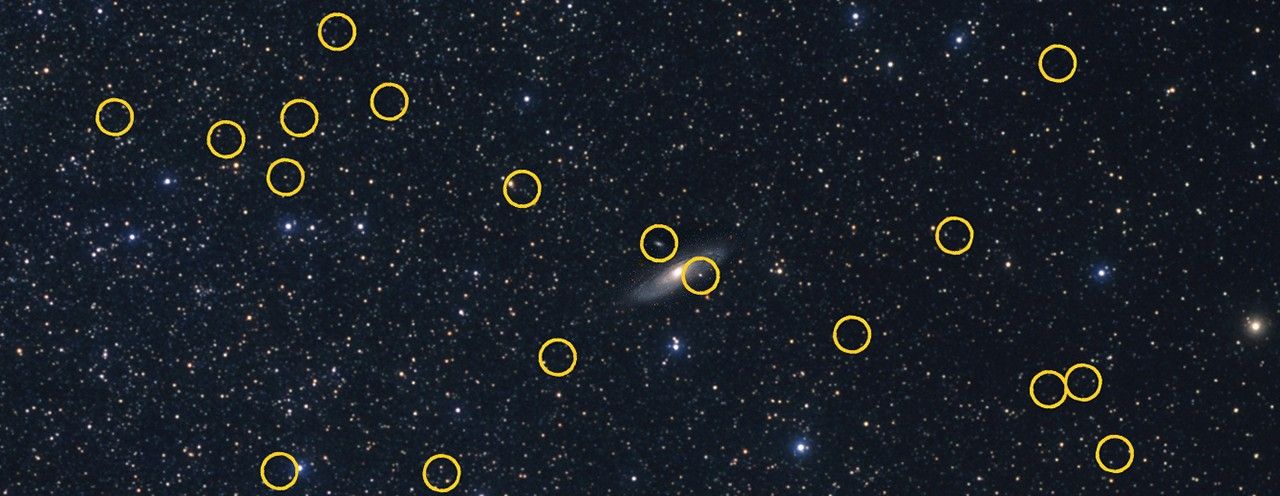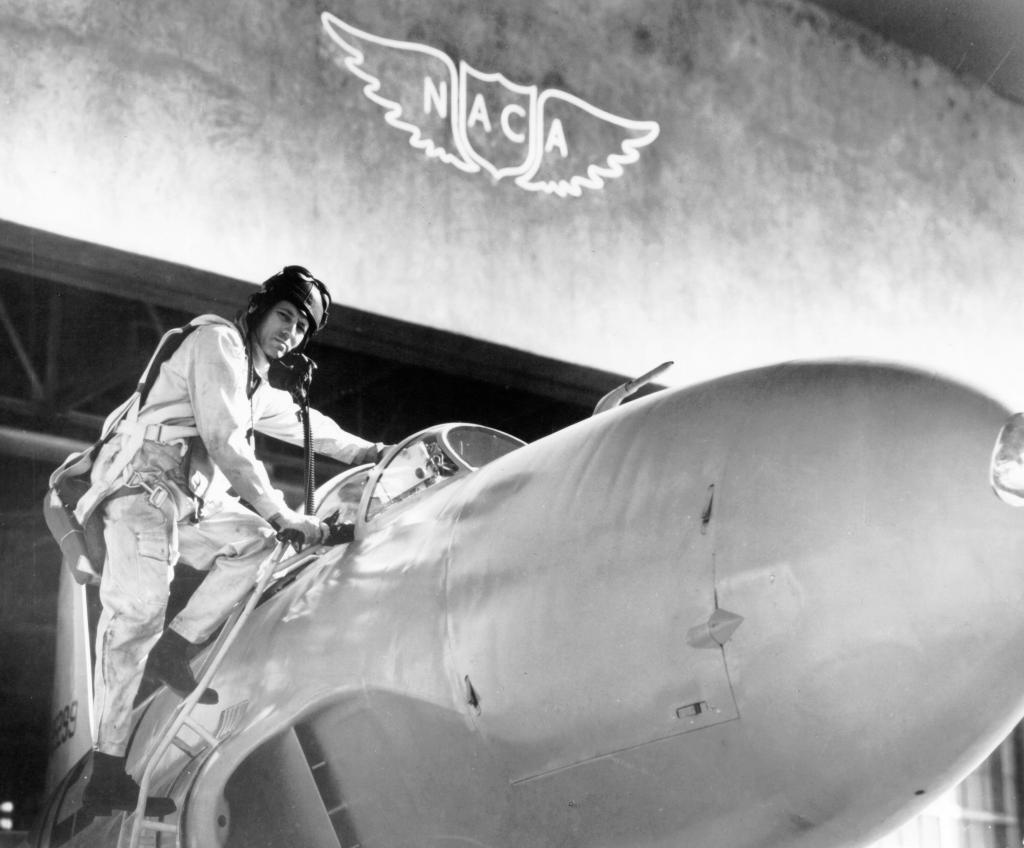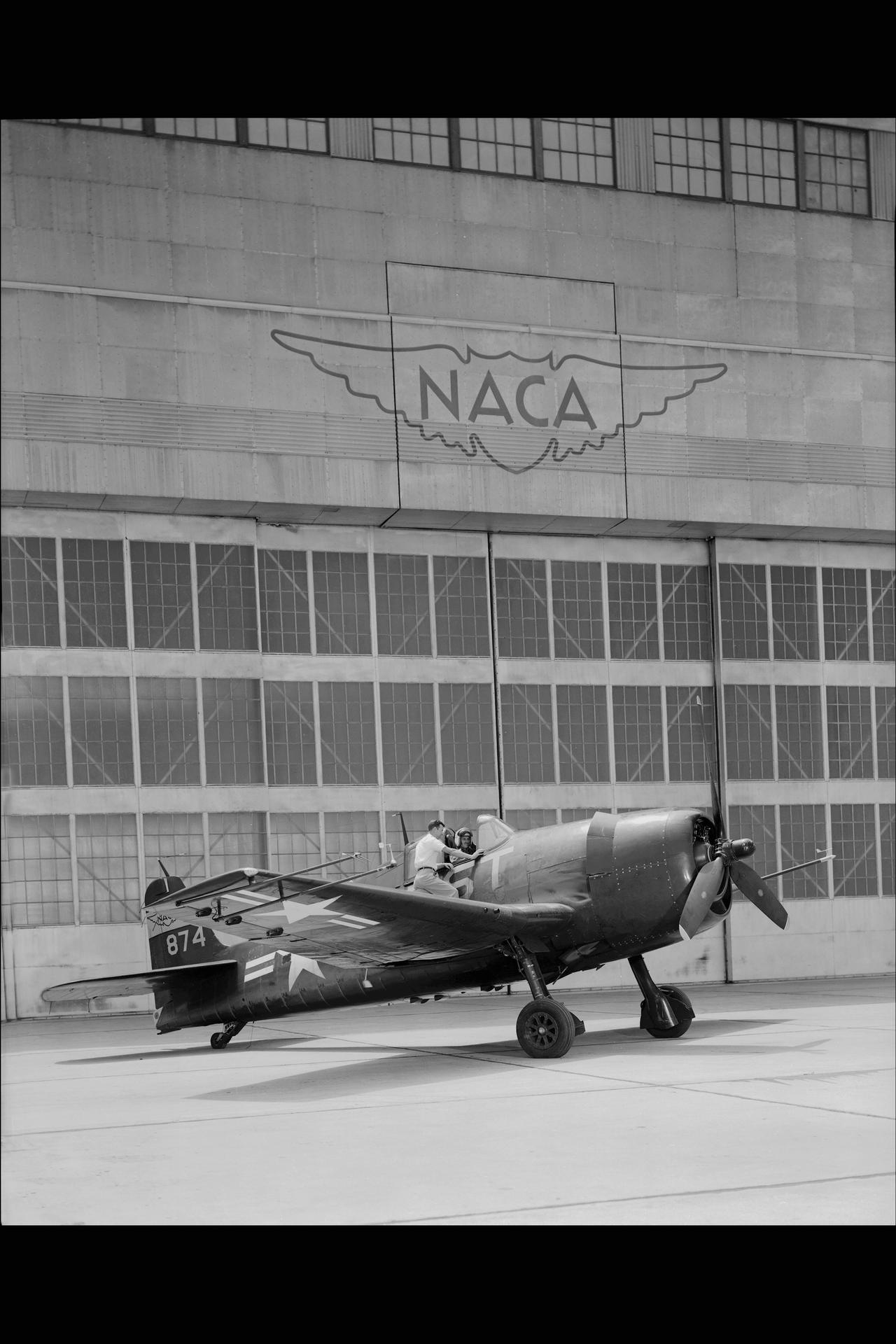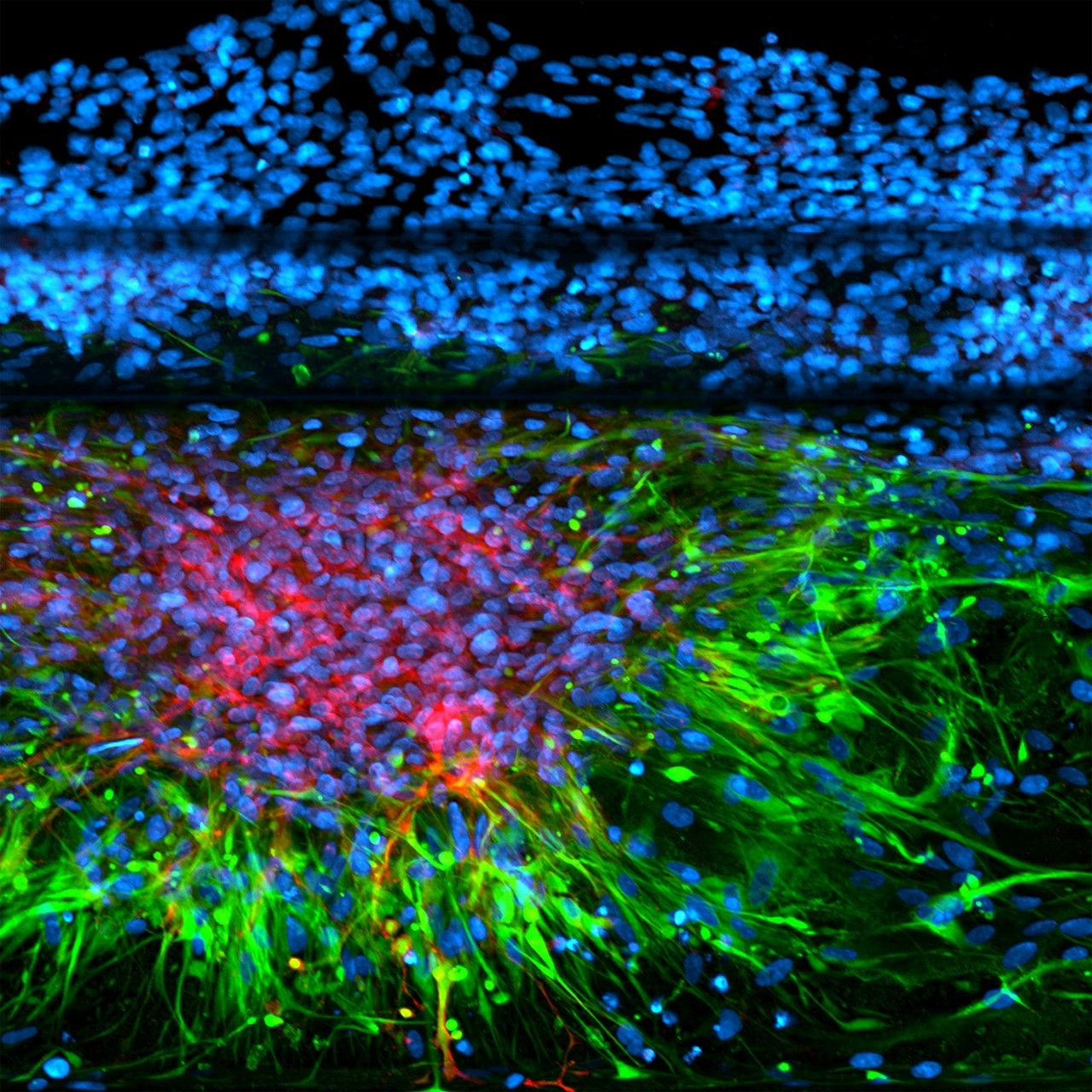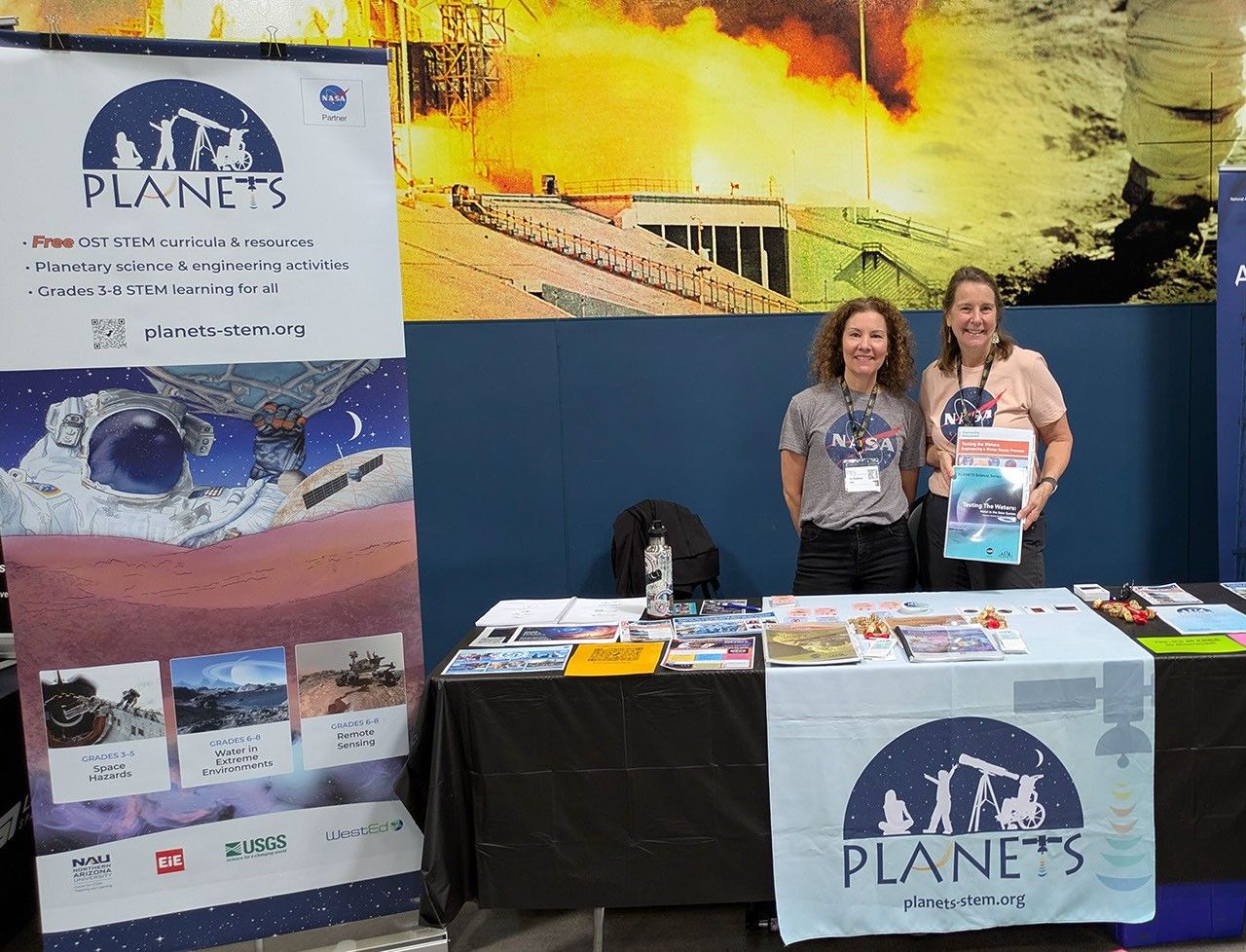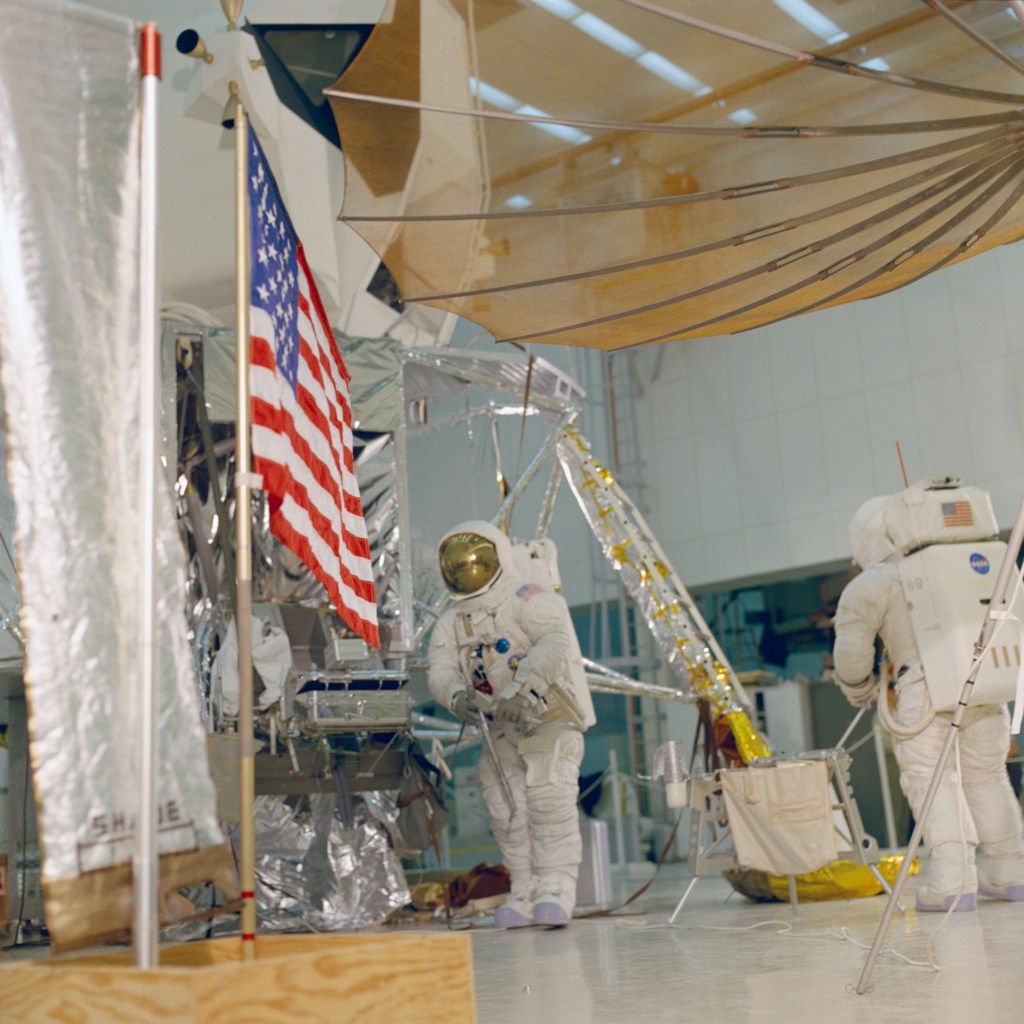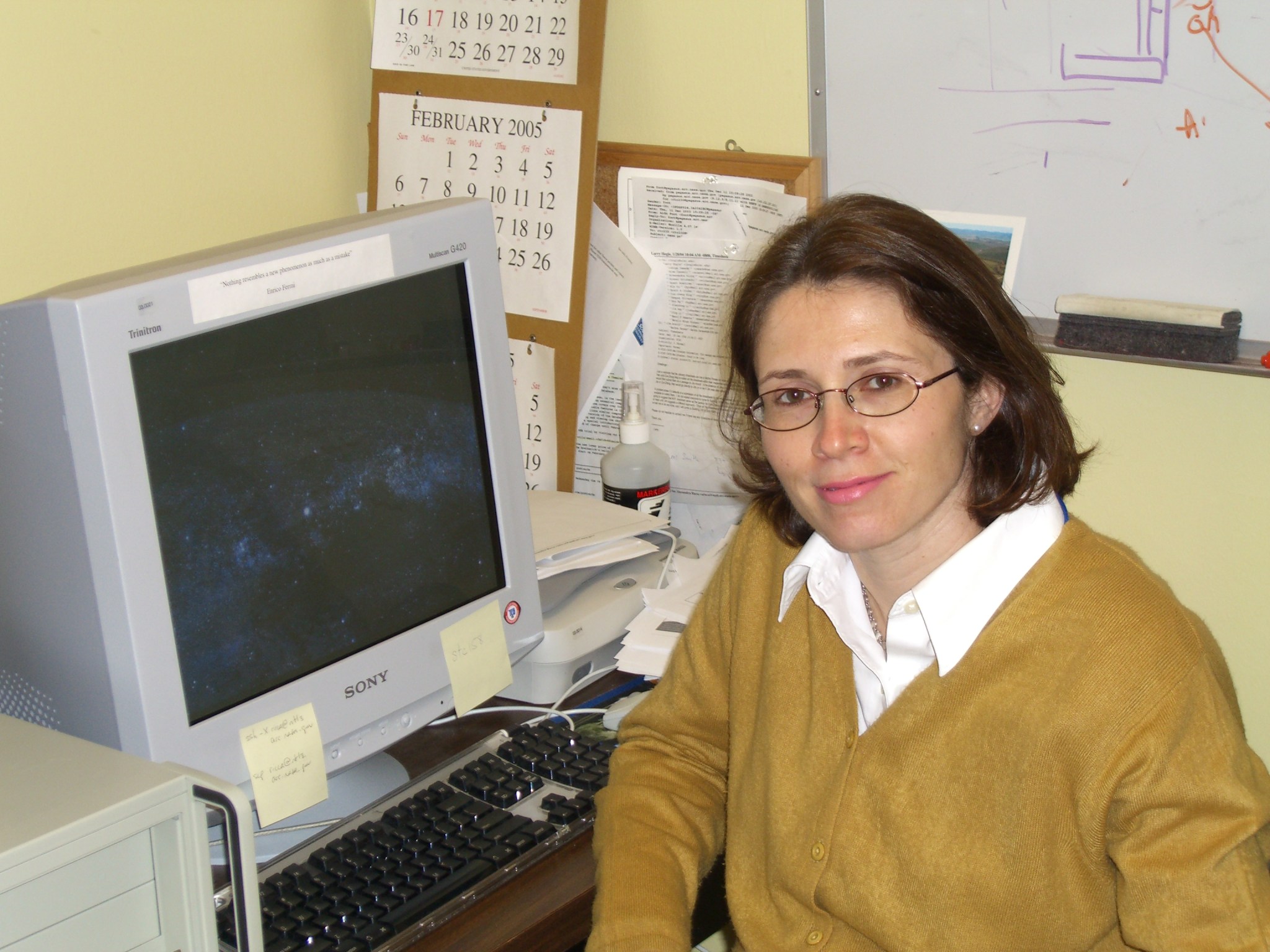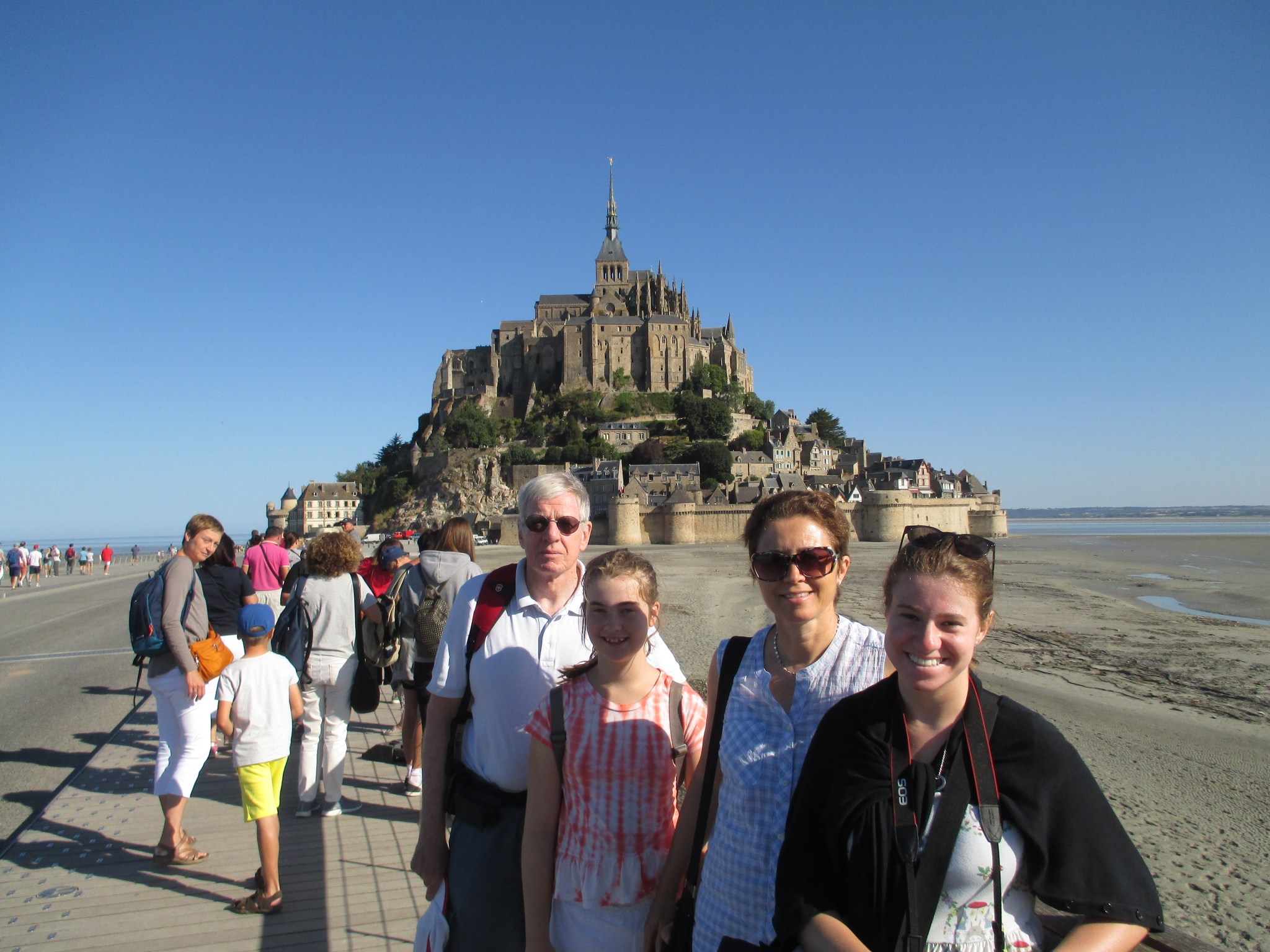We’ll start with things that we don’t generally find when searching profiles, bios, Facebook or things like that. I didn’t find you on Facebook, which is to your credit, but often I don’t find things about one’s early life. So, can you tell a little about that, where you were born, your family at the time, any brothers or sisters, what your parents did, and anything else about your young years? And how early was it that you sensed or felt an interest in what you eventually pursued as your avocation?
I was born in Sanremo, Italy, in the Italian Riviera on the Mediterranean Sea. I have a brother who is five years younger than me. My father was an MD. My mom helped my father by doing all the cancer detection lab testing, so I grew up in an environment heavily focused on medicine and it influenced me in a way. I was fascinated by medicine partly because my father was a surgeon and partly because I was watching way too many episodes of Medical Center! Early on I had an idea that I would become a doctor but then I didn’t, but that’s another story.
At some point, you went to school. I noticed that you got all of your degrees in Geneva, Switzerland, so maybe there’s a story as to how that came about. And then about choosing a major and going from there. How did all that come about? You’re Italian, right?
I have dual citizenship, Italian and Swiss, as my father was Italian, and my mom was Swiss. I spent my early years in Italy until middle school. After that, I attended 9th grade in a religious boarding school run by nuns in Monaco. Classes were taught in French, and I struggled as I spoke French, but was not fluent in writing. The whole boarding school experience came as a shock; sleeping in a room with thirty other girls was hard, but I made good friends and I survived the experience. After that I finished high school in Geneva, Switzerland, and continued to college at the University of Geneva. I chose biochemistry as a major and then switched to chemistry.
Let me ask before we get into the actual major: you were born in Italy and you grew up speaking Italian. Is the language in Switzerland German?
The four official languages spoken in Switzerland are Italian, French, (Swiss)German, and Romansh. Not many Swiss speak Romansh nowadays. Switzerland is a very interesting place because it’s very international and you are exposed to four languages daily. If you go buy some milk, for example, on the carton you would have the information in all these languages. Many people are also fluent in English.
As far as your education is concerned, were your classes in Italian or did you learn other languages for your classes?
Most of my classes in Italy were in Italian and I took French as a foreign language. In Switzerland my classes were in French. I took Italian as my first foreign language and English as my second foreign language.
I asked that because I was on a church mission in Holland where they speak Dutch, and in their schools, they also teach four languages: Dutch, French, German, and English. They have to learn other languages because they’re such a tiny country that nobody learns their language, except perhaps someone coming over as a missionary, we had to learn their language. And part of the fun of it was they would sometimes open up to us or let us come in and talk with them because they were so interested in hearing us try to speak their language with a foreign accent, which they hardly ever heard!
That’s fun.
So it’s just interesting to me that Switzerland is somewhat the same in terms of multilingual education.
Yes.
You said that you got interested in biochemistry and then chemistry. Can you explain a little bit of the difference in those and why you chose chemistry, and is that what you got your Master’s and PhD in?
Originally, I wanted to go into medicine, but I’m very curious and I like to solve things, I’m a problem solver, so I became more interested in research and I realized that I was distancing myself more and more from being a practitioner or even a surgeon. I told myself “Well, maybe I can do research related to medicine”. I started in biochemistry, and I wanted to understand things in every little detail possible. At the time, biochemistry was a newer field and biochemistry textbooks tended to be very descriptive so I shifted towards chemistry, a field that I could really understand and explain. So yes, I shifted more towards something where I could get to the bottom of it., so I found myself in chemistry.
I understand that chemistry is sort of divided between two major disciplines: organic and inorganic. Did you choose which of those paths to follow?
There are also lots of disciplines, including physical chemistry, theoretical chemistry, besides the other two. I started in organic chemistry because at the time I was very interested in the total synthesis of natural products that have pharmacological applications. It’s a challenging field but I got into that and then I started a PhD in Zurich, Switzerland, but I didn’t like being chained to the bench all day long. It didn’t work out, so I came back to Geneva and started a PhD in theoretical chemistry jointly with the pharmaceutical department. I still had a link with pharmacy, so it was interesting. I had two different advisors; one was an advisor in physical chemistry and another one was in medicinal chemistry.
Very interesting. And when you got your degrees, did you embark on a career that wasn’t related to NASA or space? Or how did the connection take place to get you to NASA and Ames?
Well, my path has been far from linear. I was planning on staying in Switzerland at the time, but I was told point blank “If you want a job in Switzerland you have to do a postdoc in the United States”. I decided to go to California and found myself in the Bay Area where I went to do a postdoc at NASA Ames. I learned a lot there, but I had a J1 visa and after two years I had to leave and went to England, ending up in London doing yet another postdoc (laughs). After that I came back to the United States. went to Stanford to work with Professor Charles Musgrave to do calculations in material science and finally was hired at Ames by Eloret Corporation, to do computations.
So your connection to NASA Ames was because they had a postdoc opportunity in a field you were interested in and wanted to pursue?
Yes, it was in theoretical chemistry. It was appealing because I could learn state of the art techniques and expand the knowledge that I gained during my Ph.D.
When was your postdoc and who was your advisor?
The postdoc started in 1993. I came as an NRC for two years and then I got an Ames fellowship. Charles Bauschlicher was my advisor. It started in 1993 and then I went to London in 1996.
That’s very interesting because I was associated with the NPP program as the Ames representative, from 2007 to 2015, which is when I retired as a civil servant. I met a lot of postdocs during that time, and I went back and looked through my list but I didn’t find you. And that’s because you were there long before me.
Long before, yes (laughs).
As young as you seem to be I expected maybe you were a postdoc after I left. So, you wound up at Ames doing a postdoc. This conversation is not specifically about your work at Ames or your professional work, as we try to broaden it with other things that might be of interest, but tell us a little bit about the work you have been doing for NASA and why it’s important. What would you tell the taxpayers about why it should be important to them to underwrite the work that you’re doing?
I am working currently on three projects. One is related to studying the infrared features of polycyclic aromatic hydrocarbons (PAHs). These molecules have characteristic spectral features that depend on the strength of the local radiation field and astronomers have been using PAH bands to probe the space environment. Different PAH populations, or PAH families, which are not fully constrained, contribute to the PAH spectra. I’m working on putting together libraries of computed infrared spectra for all relevant PAH families, which are loaded in the NASA Ames PAH IR Spectroscopic Database (PAHdb) and can be used to gain knowledge about photodissociation regions, where polycyclic aromatics emit and other regions as well. This project is relevant to JWST, which has been successfully launched recently, and it will help interpret JWST data.
Another project is related to trying to understand the colors of trans-Neptunian objects (TNO’s). I work with a group of experimentalists, astrophysicists, and I do the calculations. We study how irradiation by the solar wind affects or induces a color on the surface of the TNO. TNO’s have ices that are irradiated and depending on the dose of irradiation that they get and the temperature, their color is different.
And finally, my last project has to do with the plumes on Enceladus. The project is to help interpret the data that have been collected by the Cassini mission. The Cassini mission flew through the Enceladus plume and detected small organics and organics with large masses or macromolecular organics. It’s not completely clear what the origin of these macromolecular organics is, so we’re trying to simulate, using the Ames Vertical Gun, the impact of ice plumes on targets that have been loaded with macromolecular organics and then we analyze the fragments to try to interpret Cassini data. The ultimate goal is to determine if these organics are due to life or to abiotic processes. Enceladus is now in the spotlight because of the decadal survey and there will be quite a few missions that the decadal survey is recommending. So, this work is timely.
I was glad to hear you use the word “life” because when I heard you mention the “organics” that you find in some of these places, to me as a non-scientist that could imply that their origin is something living, or potentially living.
Potentially.
And that, of course, is a slam dunk as far as taxpayer support is concerned, because that’s the key question: is there life beyond what we know here on Earth?
Yes.
And they paid a lot of money for these missions, JWST and Cassini and others, so you’re contributing to understanding the findings from those missions, and that’s important. That speaks for itself.
Let me switch a little bit and ask another question. It used to be ”What is a typical day like for you?” but I’ll broaden it and ask “Have you been affected much, positively or negatively, by the pandemic situation over the last couple of years?” I don’t know if you live close or if you live far enough away that you’re saving a lot of time because you don’t have to commute like you did. Maybe you have come in and done lab work during this time, I don’t know. So tell us about how you’re work has been affected by the pandemic.
I don’t do lab work, so in that way I’ve been spared from the nasty effects of not being able to come in because a lot of people have been negatively affected. I could work from home from very early on and I have access to the supercomputer so it has not been an issue for me. I still work from home because it’s very convenient. If I need to meet with someone I go on site. I live nearby, so the commute is not bad at all, but it still takes twenty minutes on back roads so working remotely saves me time.
That’s similar to me. I live in Sunnyvale and commuted by bicycle for a number of years until the pandemic. I’ve been back to Ames twice now over the past two weeks and there are very few people there. But I can do all my work, 100%, remotely with the tools that we have, like this one that we’re using. It works really well for meetings and obviously for the spreadsheet work that I do with budgets and so forth. So, I haven’t been impacted very much either. On the other hand, my colleague Lawrence lives in San Francisco. He was commuting by two buses, a train, and the NASA bus each way so about 3 plus hours of commuting per day and he’s delighted that he hasn’t had to do that for a while. And I think he’s put in for a remote work arrangement so that he won’t have to come in as much as he was doing before. This whole pandemic thing as it lifts, and it’s lifting in waves because they’re starting to tighten down a little bit again because of the numbers, I think it will cause a sea change in the dynamic of the workplace. There’s a lot of people who have discovered, as I have and as you apparently have, that they can do most of their work remotely without much effect on their productivity. And that’s what they’ll choose to do.
Yes.
Having said that, we also ask what do you enjoy the most and the least about your job?
The least: probably spending so much time writing grant proposals. It takes a lot of my time. But on the positive side, when I write the proposals, I end up meeting new people to work with on potentially new collaborations, and I have enjoyed that. What I enjoy the most is working with other people in trying to solve a problem. That was always my favorite thing to do, always being part of a team. I do theory, the experimentalist does the lab, and you work with people who do observations. We compare notes, and I think that’s very rewarding. I think that Ames, or in general this type of institution, is the best place to do this kind of work because you have so many people doing different things that you can work with, so I think it’s great.
Do you have a favorite memory or has there been a research finding of interest or importance that has come from the work that you’ve done so far?
When I joined Eloret, I was working on nanotechnology and that was a crazy time. It was an emerging field, so it was almost like science fiction. It was like creating devices from the bottom up, manipulating molecules. I was assigned the task of studying nanosensors. The idea was to detect a gas molecule in very trace amounts and to understand the process. We had a team of experimentalists that were working on it, and I was doing calculations. The nanosensors contained nanotubes that were in contact with metal electrodes. The prevailing explanation of the detection mechanism, in our group and in the general community, was that the gas came in contact with the nanotube itself and that interaction induced a signal. But my calculations didn’t support the gas-nanotube interaction hypothesis. So, I teamed up with an electrical engineer, and together we showed that the gas interaction occurred at the interface between nanotube and metal electrode instead. Nobody believed what we were saying for a long time but eventually other groups came out and said of our work, “Yeah, that’s the mechanism, that is the correct one”. It was not by our group, it was by people outside of Ames, and that’s kind of sad but that is absolutely the way it was. This nanosensor project was hot at the time because the Department of Homeland Security wanted to detect traces of explosives.
That is interesting. That’s what science really is, looking at phenomena, trying to develop a theory as to why it’s the way it is and then working with other people approaching it from a different direction and ultimately, hopefully, coming to the same conclusion. Your story is a very good description of that. Let me ask: if you weren’t a science researcher for NASA what would your dream job be?
I like the arts a lot, but yeah, I don’t know if I had the talent to do anything there. I also like architecture, so maybe an architect? Something like that.
What advice might you give to a budding young student who would like to have a career like yours?
To be, I would say, very tenacious and very focused. I have a contractor viewpoint, of course, where you have to find the funding to support yourself. And I would say what I’m doing is quite challenging, you have to really be extremely perseverant, because you get rejection after rejection. You have to be willing to keep going on and on and not get discouraged if you get a lot of negative comments. You have to have a lot of grit. You need to be very passionate to overcome all these kinds of barriers. But if you have the passion and you like what you are doing, then sure, go ahead.
That’s really good advice for anyone wanting to pursue any career. Choose something that you have a feel for, a passion for, and you’ll just automatically, I believe, do better.
Yes.
Would you like to say anything about the personal side of your family? Do you have a spouse or partner or kids or pets or hobbies, stuff like that?
Yes, sure. I have a family, I’m married and have two daughters, one in college and one in high school and I have two pets, two black cats. And my daughter brought a hamster home from college, so our house is a zoo at the moment! (laughs).
But what a nice situation you have, although your kids are just about at the point where they’ll be going off on their own. Speaking as someone who’s been an empty nester now for 20 years, it has its positives and its negatives. I mean you do miss them.
I can’t imagine that. I’m trying to think about what I’m going to do. It’s going to feel so strange when they all leave. I don’t know.
I think kids tend to go farther away today than they used to go when they get out on their own, because distance is just not the impediment it used to be and also the technological means of keeping in touch is so amazing. You can do what we’re doing right now. When we talk to our kids, we can see them, almost like they’re with us here. We have two kids too, a boy and a girl, they’re both out of school and college and on to their careers, so we’re glad for that.
Here’s a question that I always like: with all the work that you’ve talked about, your career, your family and everything, what do you do for fun?
I really like to travel and I like the outdoors. I used to hike a lot more, now I hike less. With my husband, we used to do very long hikes, in Hawaii and all over the place. I like to attend concerts. I Iove music, I like to sing and I like the arts a lot, I go to art exhibits. And I do gardening. I like photography, and now I’m starting to get interested in do-it-yourself projects. My husband is very good with tools, he can tackle any project, so I’m asking him to teach me. I’m currently redoing my deck outside. That’s my first project, so let’s see how it goes.
There’s a lot of satisfaction in that, for sure.
It takes longer than you think when you are starting out and I should be more patient. I would like it to be done fast, but no, it seems to take forever (laughs). You get all the satisfaction when the project is done.
Sometimes these things exist to help us learn patience.
Yes, that’s right.
What accomplishment are you most proud of that is not related to your science career?
Well, several. I’m very proud of my family, first of all. I think having a family and nice kids and a great husband, whose support is really great. Other accomplishments, I had this dream to come to the United States, but it’s kind of daunting when you are young. And then I was like, OK, let’s go! So, I left alone and came here. I stayed here and it turned out OK. For me that is kind of an achievement.
Indeed, it is, absolutely. You come to a land which is not your native land nor your native tongue and you plant yourself here. Looking back, you would, I’m sure, say “Look what I would have missed if I hadn’t taken that challenge and made that decision”.
Yes, yes.
Who or what inspires you?
Many people, particularly the people who were my guiding lights, like reference points, whom I call my lighthouses. In that sense it starts obviously with my parents when I was very little. They were my first lighthouses. But then I was always fortunate to meet people who gave me some advice or helped me in some way. You find many people that are your lighthouses, and I don’t have one, I have many. And I’m always grateful to all these people. And you always find more and more because, you always learn from people. And yes, I’m always grateful. I admire all these people who were kind and generous enough to share with me or help me in some way or another.
I don’t remember if you said you were a reader but if you are what book might we find on your night stand? What genre of reading do you like?
Right now, I’m going back to French literature, to the classics. It may sound boring, but I am going back and reading some books that I didn’t read or didn’t enjoy when I was younger. When I am not reading in my native language, like when I read English, I enjoy the story, the plot and everything, but from the point of view of the language, the subtleties of the language, I don’t enjoy it as much. However, when I read, for example, in French, because I learned it at school and I speak it, I just take pleasure in reading because I capture all the subtleties, which are very often lost to me in English, I just don’t get them. I’m going back to, as an enjoyment, just reading these wonderful literature books, reading Proust, which is very hard to read, very long and I probably didn’t appreciate it at all, in fact I hated it. But reading it again, in French, I was like, “Wow!”. It’s so incredible. It’s like a painting with all these colors. It’s like a piece of art and it gives me great enjoyment.
That’s very descriptive. I like to read but I hadn’t really thought about trying to read in another language though I can instantly understand what you’re saying about the depth of meaning and capturing the subtleties, because the vocabularies we learn, especially in our native language, are words have a variety of meetings, depending on how they’re used in sentences, their context and so forth. But if you’ve learned a language by memorizing a word and then a primary meaning, that becomes the meaning it has for you in every context, and you will probably miss a lot of the other meanings that it can have. We also ask if there is a favorite image or art piece, maybe something that represents your career work or that we might find in your office on the wall, something that you find particularly meaningful or clever, or inspiring or anything like that?
Well, currently I have a picture of the JWST.
Let me broaden that a little bit and say that as we prepare this transcript and this interview for eventual posting, we ask that you provide a picture of yourself and then any other pictures that track along with things you’ve talked about, your life and your interests, that we can include because a picture is worth a thousand words, as they say, and this will give people an insight into both the work that you’ve done and your life in general. Maybe there’s a really interesting picture of your family. I did one of these interviews myself and I put in a picture of myself as a little kid, a little toddler, just because I thought it might be interesting for someone to see. You can give that some thought and when I send the transcript to you for editing and review, you can send it back with some pictures that we can include when we post it. And also, if you have a favorite quote. Some people have a favorite quote but you don’t have to answer that right now unless one comes immediately to mind.
I use a program called Gaussian and at the end of your output they put quotes. Part of the fun of running a job is to get the quote at the end, if you get there, when your calculation ends. Let me think of some quotes that I collected over the years. I’ve collected quite a few. One was: “Confidence is what you feel before you fully comprehend the situation” (laughs).
I have heard that one and it’s a good one (laughs). Very good. Go ahead. Give me another one. That’s fine.
Some are a bit silly. Another one is, and they are not sure if Enrico Fermi said it or not, but I found it interesting. It says: “Nothing resembles a new phenomenon as much as a mistake”. And that is so true.
It’s thought provoking, yes indeed, especially from a science point of view, and it’s for sure true.
Yeah.
Is there anything that I didn’t ask you that you wish I had?
Yes. Another thing is how did I get into doing science related to space?
You applied for an NPP opportunity posted by NASA Ames. Go ahead and tell me something about that.
After my NPP I was hired by Eloret Corporation to work on thermochemistry and later nanotechnology. I was allowed to spend a small fraction of my time on other projects, so I started working with people in Code S on PAHs because I was interested in the field and when the nanotechnology project ended, I just switched to space science and continued working in the field.
That reminds me of one of the first people we interviewed who told us she was interested in Mars’ atmosphere, so we asked what got her interested in such an esoteric field. She said she was from the Midwest and used to go on rides as a child and would look out of the car window at the clouds. The clouds were fascinating to her and that got her interested in meteorology. She was going to be a meteorologist and learn about atmospheres and weather, and then somewhere along the line she connected with NASA and realized, “Oh my goodness, these people are studying atmospheres on other planets! That’s really interesting and it’s still atmospheric science.” So that was her connection to space science, from something that you wouldn’t at first think was related.
Yes.
Alright, thank you again and take care. You have a great day.
You too. Bye. Bye. Thank you.
This interview was conducted on 6/7/2022 by Fred Van Wert

